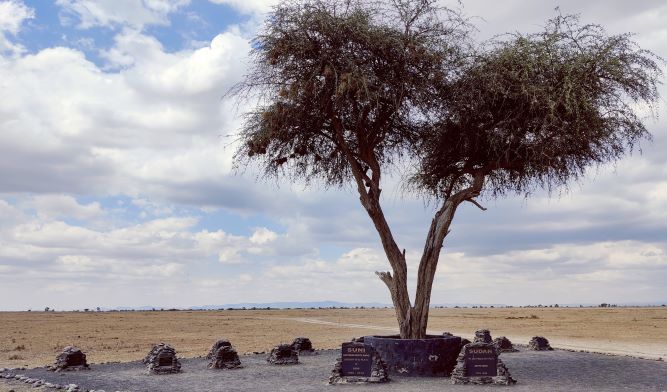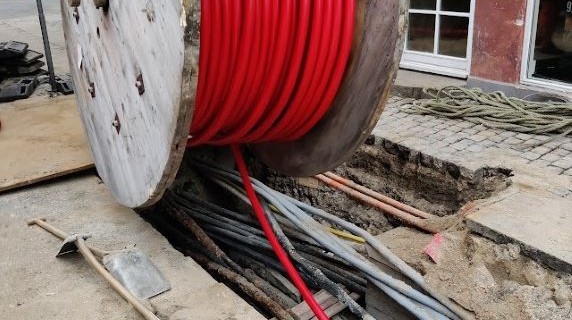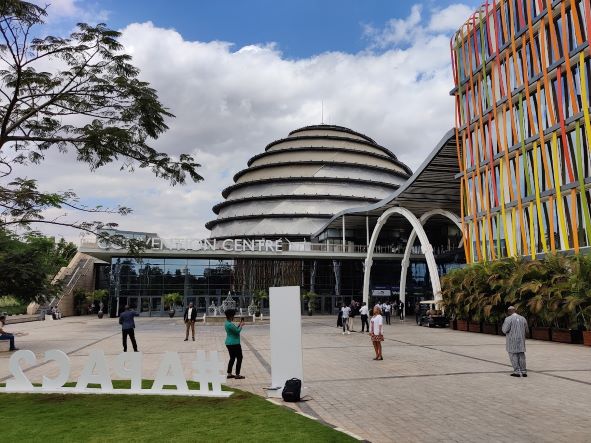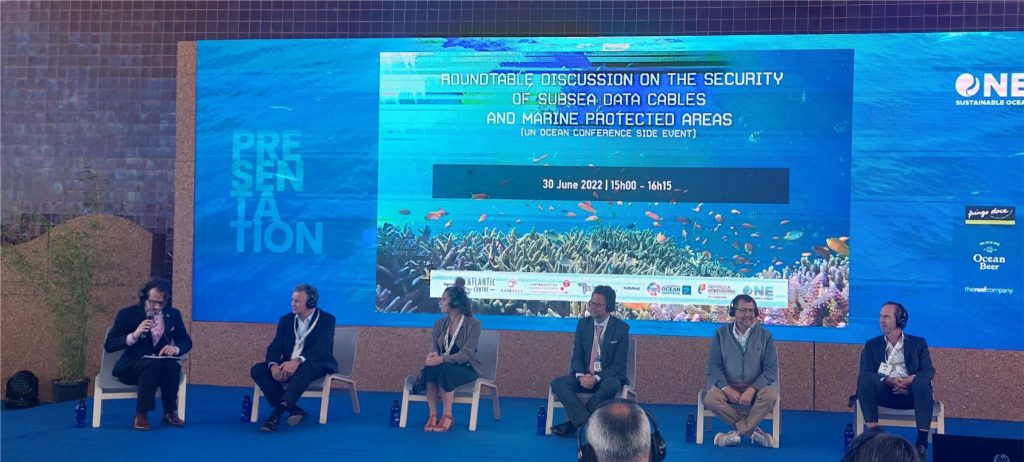While travelling, one encounters quite some memorials; they commemorate battles, heroes, accidents or disasters. During my visit to Eastern Africa, I had recently the opportunity to visit the Genocide memorial in Kigali commemorating the 1994 Rwandan genocide, and the memorial of the 2013 Westgate shopping attack in Nairobi’s Karura Forrest. These are memorials of human catastrophes and sites of contemplating how to prevent similar events..
Yet, in the age of the anthropocene, also animals face horrendous catastrophes and entire species are dying out. How shall we commemorate them?

A recent visit to the Ol Pejeta conservancy brought me to an interesting site. The park has as one of its many attractions a rhino cemetery. The majority of rhinos buried at the site, fell victim to poachers. They were hunted down for their horns. It sends a powerful reminder of the tragic consequences of the poaching crisis.
But perhaps most important is another grave. The resting ground of Sudan, the last male of his species, the Northern White Rhino. It is the first ecocide memorial, I have been present at so far.



